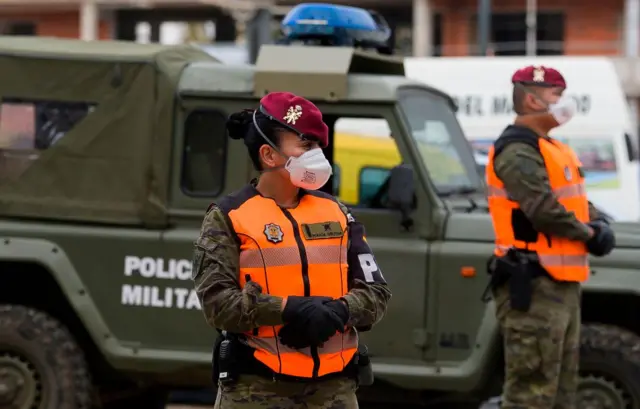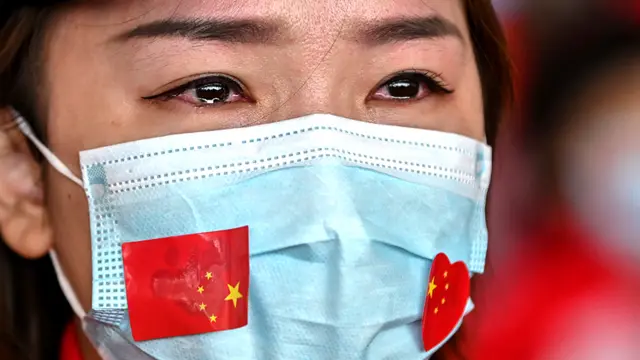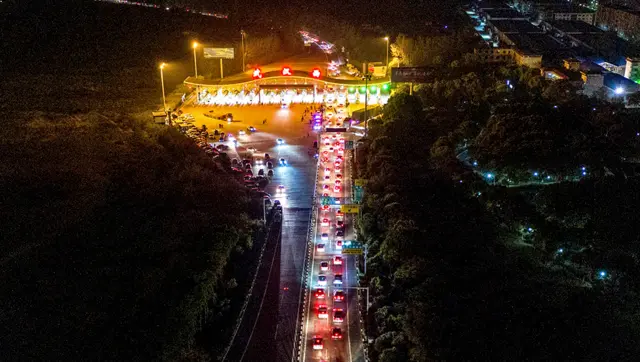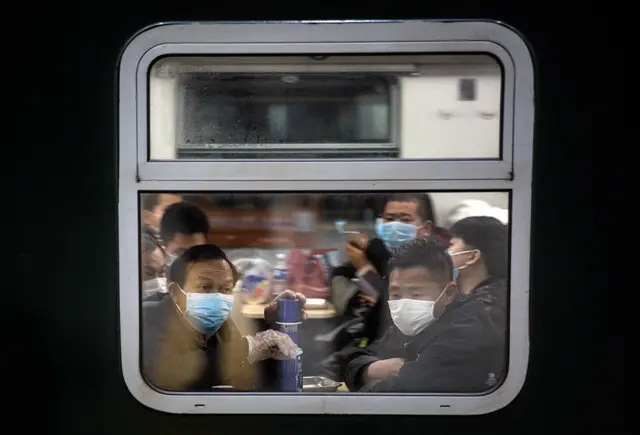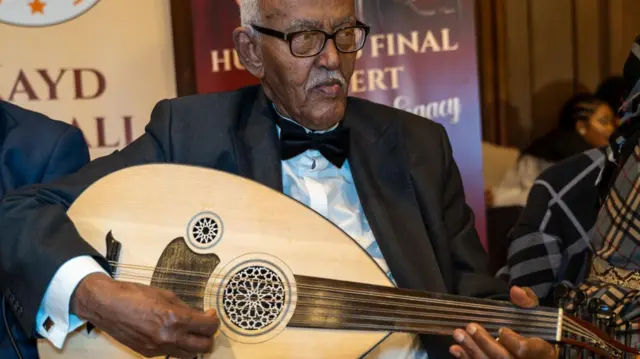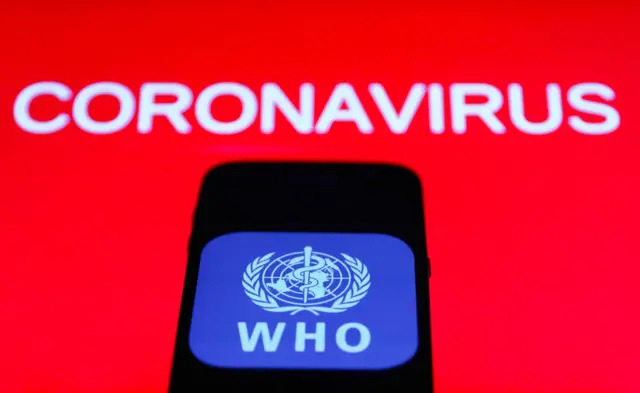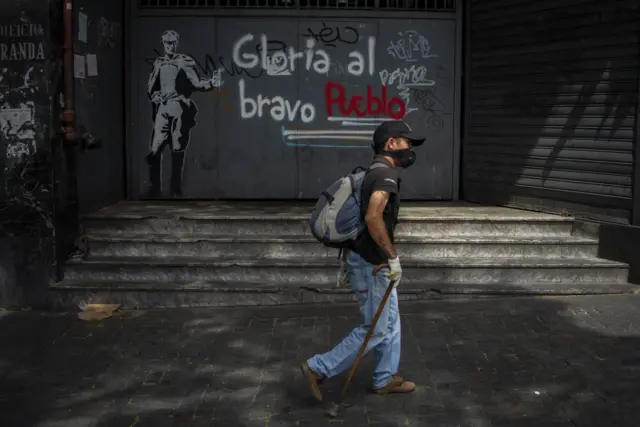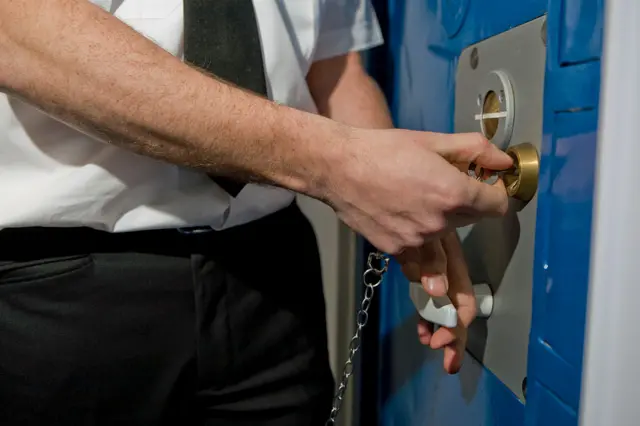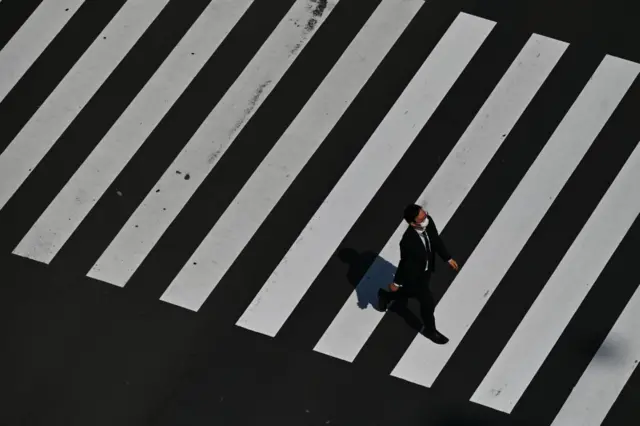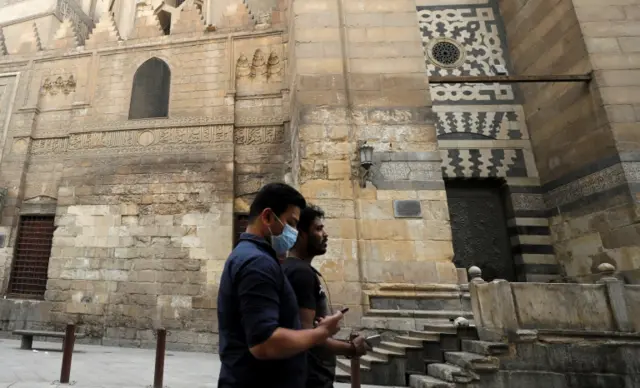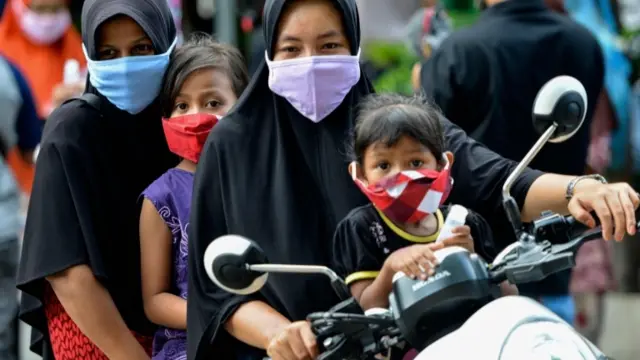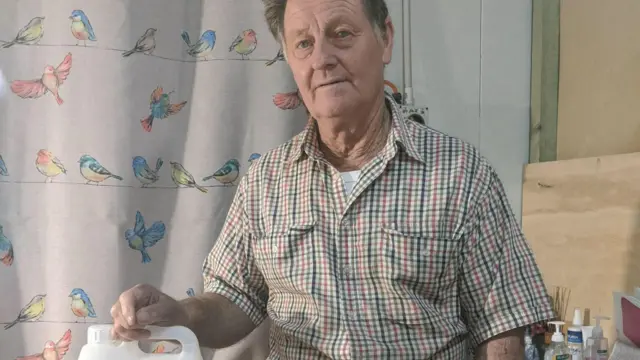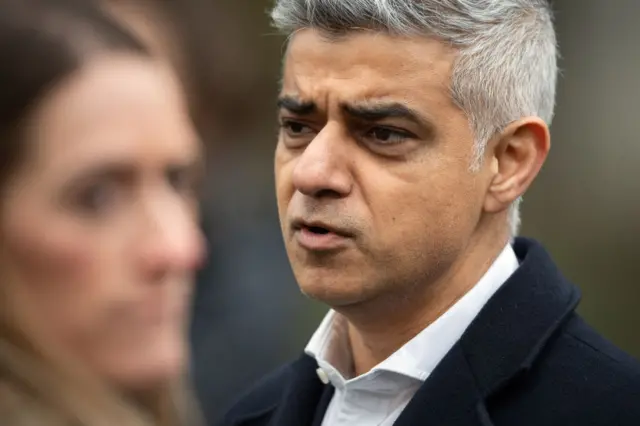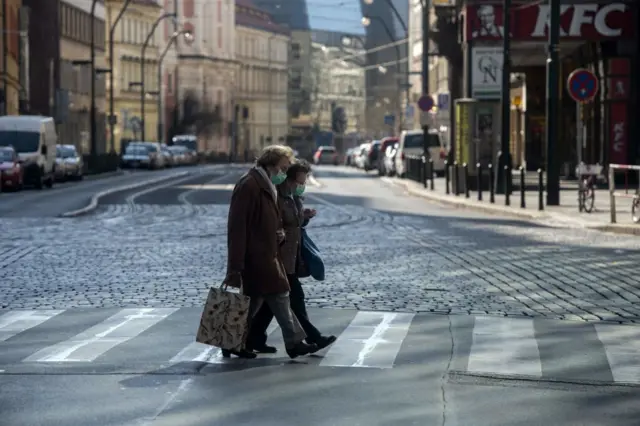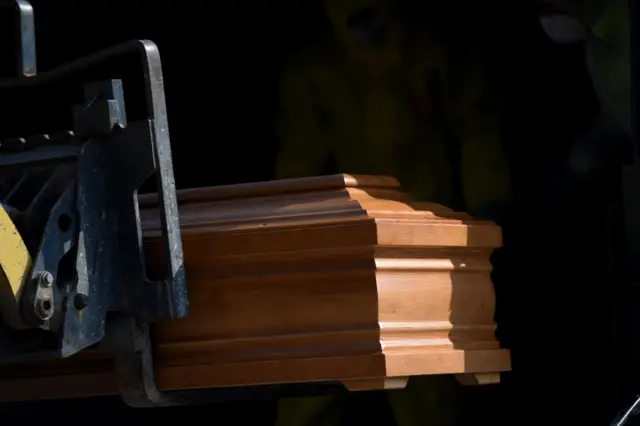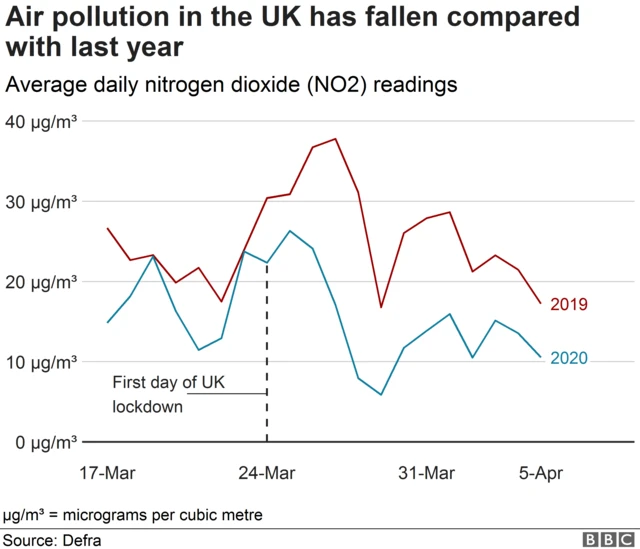Fake BBC Twitter account suspendedpublished at 11:39 BST 8 April 2020
 BBC Monitoring
BBC Monitoring
The world through its media
The BBC and Twitter moved quickly yesterday to remove a fake account impersonating the corporation's Breaking News Twitter page, but not before it had managed to spread an untrue story about the health of UK Prime Minister Boris Johnson.
The fake post was picked up by a prominent TV channel in Pakistan, which it aired for a short while as a news flash. It subsequently aired an apology after realising its error.
It's not the first time that fake BBC accounts have appeared on Twitter during the Covid-19 crisis, and they have been deleted almost immediately.
So-called "imposter content" is a headache for news organisations because they spread misleading news while damaging their reputations.
While most cases appear to be trolling or mischief-making, some fake accounts are attempts to direct readers to their own websites for financial gain.
How to tell if an account is genuine: BBC accounts on social media platforms are verified, and have a "blue tick" graphic next to the account name, such as on the breaking news account @BBCBreaking (https://twitter.com/BBCBreaking, external). Imposter accounts might use a variation of the genuine account name, have been recently set up, and will have very few followers. They might also use poor English, and not link to BBC news stories.
